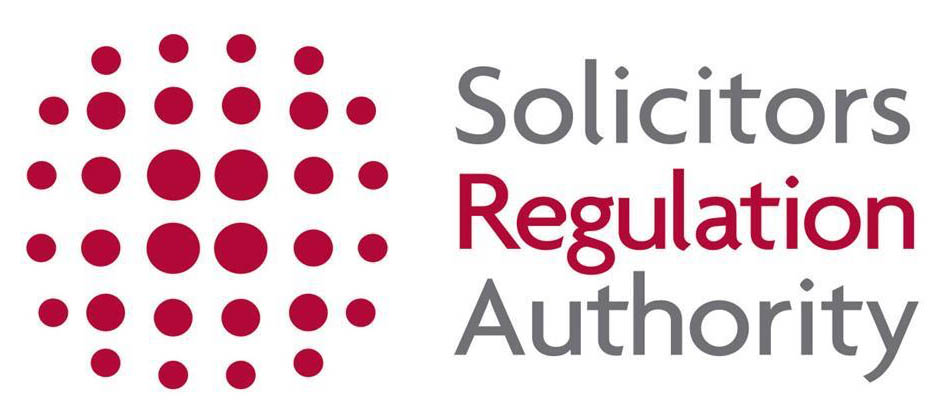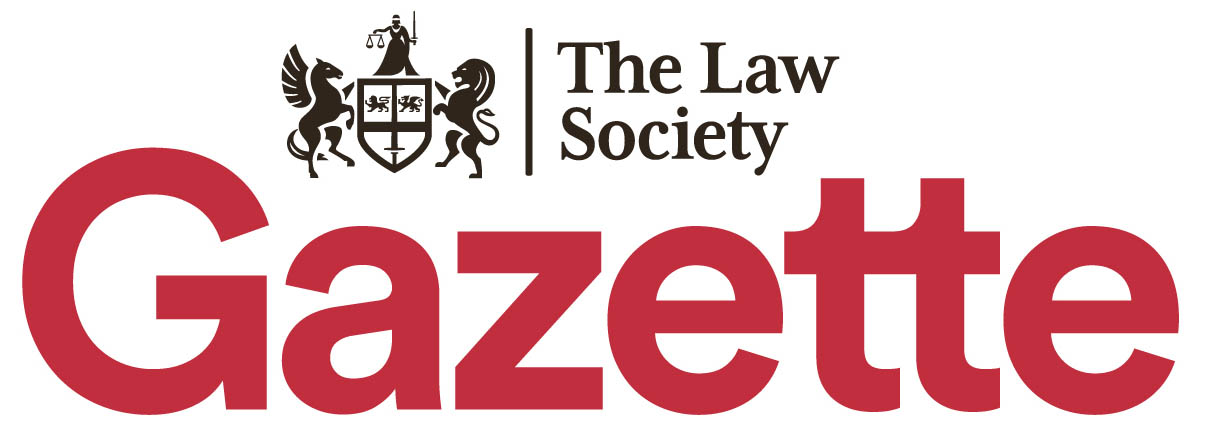

SRA to show ‘discretion’ over solicitors with protest convictions
The SRA has suggested it will not seek to prosecute all solicitors convicted of a crime committed as part of a 'principled' protest action. In guidance issued yesterday on convictions arising from ‘matters of principle or social conscience’, the regulator stressed it would not ‘seek to interfere’ with an individual’s right to peaceful protest.
Where that protest escalates and gives rise to criminal sanctions, the guidance stated that the SRA has ‘broad discretion’ to consider the context in which any convictions arise.
‘Where a conviction arises as a result of someone taking what they consider to be principled action or participating in a peaceful protest and that conviction does not involve a significant risk of harm to the public and/or material risk to property, it is unlikely to result in us taking any regulatory action,’ said the SRA. ‘It is also unlikely that such conviction would result in a refusal for admission, or a practising certificate being granted as long as it is disclosed to us.’
Although the regulator wants to remain neutral on political matters, the individual’s right to protest and involve themselves in organised non-violent civil disobedience will be considered in all cases.
But the SRA also underlined that convictions must be self-reported and that solicitors must consider how their conduct might be perceived by the public and what impact that might have on confidence in the profession.
Factors include whether the offence caused or risked harm to others or damage to property, whether the type of offence involved undermining the rule of law or administration of justice, and whether there was a genuine desire to further a wider public, social, or environmental interest.
The guidance said: ‘Abusive conduct (for example, hate speech), is something we always take seriously because of the potential to impact on trust and public confidence in the profession. We also take seriously any failure to co-operate with the legal process (such as resisting arrest or breaching a court order), or to comply with any duty to report. These underpin the rule of law and administration of justice as they are essential to the effective operation of the criminal justice and/or regulatory systems.’
Giving examples of types of conduct and outcome, the SRA explained that an individual attending a climate change protest, who is arrested for lying down in the road and subsequently convicted of a public order offence, would be likely to face no further disciplinary action.
But if that same solicitor resisted arrest and was verbally abusive to the police – and did not report their subsequent conviction - that could result in a £2,000 fine.

By John Hyde | 2 September 2022